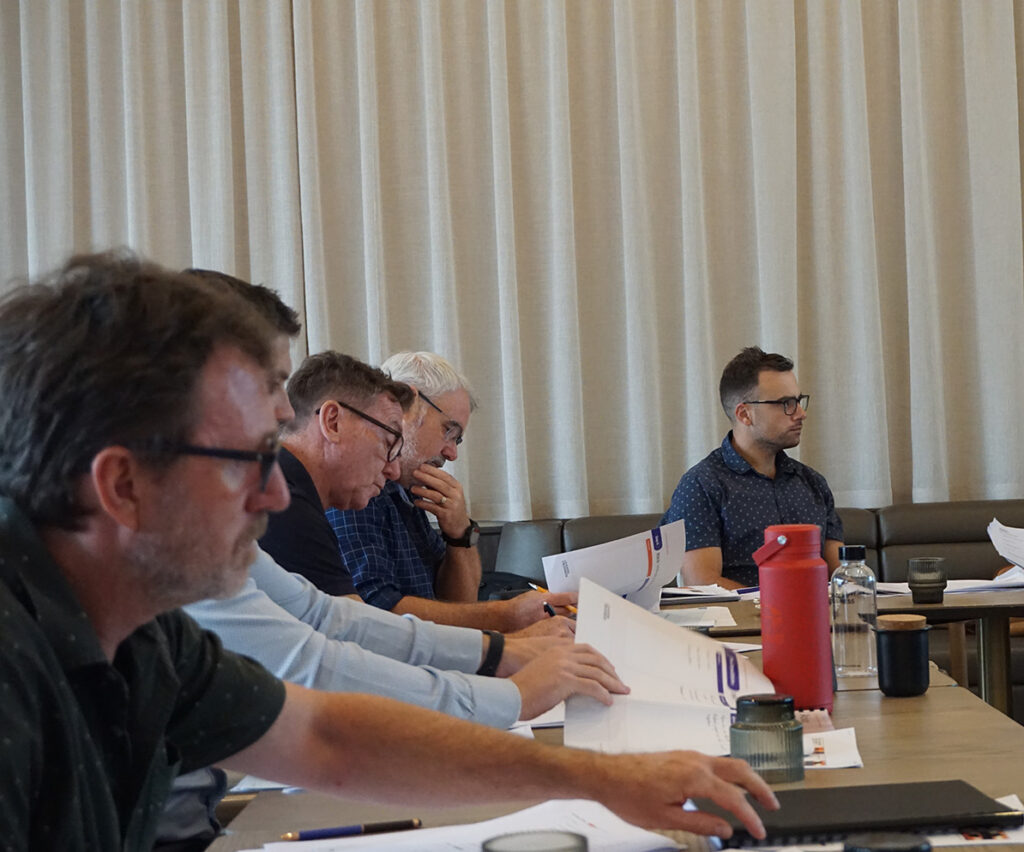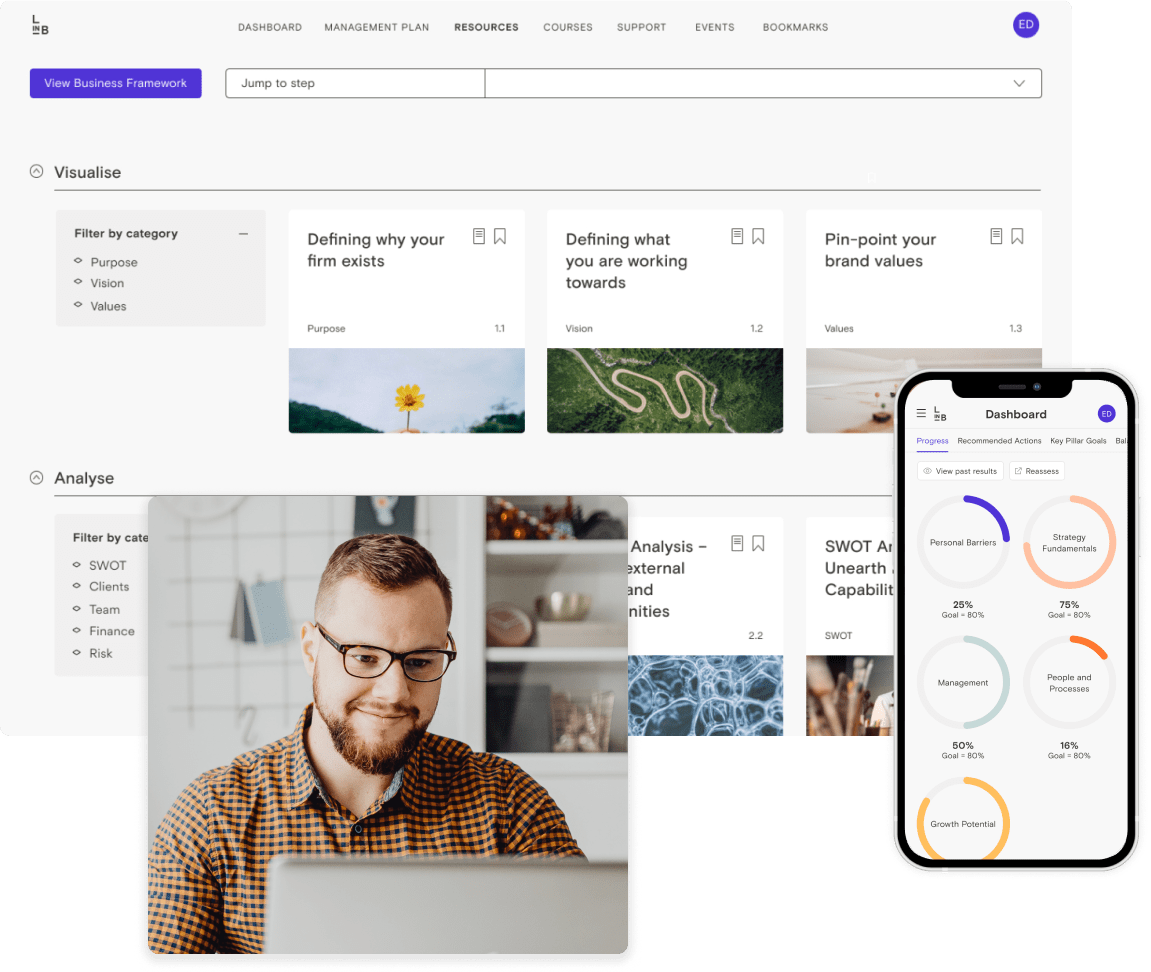

Accounting tech hasn’t just evolved in recent years, it’s hit overdrive. We’ve gone from manual data entry to cloud platforms that run entire workflows, from trawling through spreadsheets to instant document summaries and forecasts, often delivered by tools that are smarter than ever. What used to take hours now happens in minutes, and there’s no sign of it slowing down.
Technology is now woven into every accountant’s day, reshaping not just how we work, but what clients expect from us.
But here’s the thing: speed builds customer convenience, but not loyalty. Amid all the automation and instant everything, it’s easy to lose sight of why clients really stick around. It’s not because you’re faster with your compliance work than the next firm down the road, it’s because you bring something to the table that no software package ever will.
Sure, clients love convenience. They like it when things are smooth and streamlined. But they stay because they feel a connection and because they trust you, not just your systems. As software and digital tools continue to handle more of the technical side of what we do, our real value as accountants is shifting. It’s no longer just about the numbers. It’s about the relationships we build, the advice we give, and the way we show up for our clients.
Here are a few fundamentals to keep in mind when considering or discussing the impact and role of digital technology on your firm’s operations.
Tech Makes Things Easier, But People Make Things Meaningful
There’s no doubt that digital tools save time. Clients can upload documents with a click, access reports from anywhere, and even use AI-powered chatbots to get quick answers outside of business hours. It’s brilliant, really.
But think about this: when was the last time a client called you just to say, “Thanks for providing such a fast upload portal”? Probably never.
What they do remember is when you let a meeting run overtime just to better understand what’s happening in their world. When you picked up the phone to check in, or when you helped them make a tough, potentially lifechanging decision. Tech is great for getting things done, but it’s you they rely on for insight, support, and understanding.
You Can’t Automate Empathy
Software is smart, and AI is smarter, but it will never be human. It can process data, sure. It can even predict patterns. But it doesn’t know how it feels to be worried about cash flow, or excited about finally expanding a business after years of hard work.
When clients face big moments, whether it’s a win or a challenge, they don’t want a chatbot. They want you. Someone who can read between the lines, offer real advice, and sometimes just listen compassionately.
Clients Trust People, Not Programs
At the end of the day, trust is personal. Your clients trust you to get it right, to look out for them, and to give advice that’s more than just a spreadsheet.
And trust isn’t built overnight, or through automated emails. It comes from the small things like remembering a key date, checking in before a deadline, or being ready to assist when something unexpected comes up. These moments create loyalty. They’re what turn a service into a relationship.
Blend Convenience with Connection
Now, I’m not saying ditch the tech. Use it. Let it make your life (and your client’s life) easier. But don’t let it be the only way you connect.
Sometimes a quick Zoom or phone call is more powerful than a long email thread. A handwritten note after a big milestone? These are the moments that stick. Even a simple “How are things going?” message can make a difference.
The point is: in a world where almost everything can be automated, hand-delivered authenticity stands out.
The Bottom Line: It Will Always Be About People
Tech will keep changing our industry, that’s a given. Don’t run from it, as we should always embrace the tools that help us do more, faster. But let’s not forget that clients don’t just want an entirely automated experience no matter how smooth it is. They want someone who gets them, who they can rely on, and who’s there for more than just the year-end accounts.
Our value is in being more human, not less. It’s in the advice we give, the care we show, and the relationships we build.
